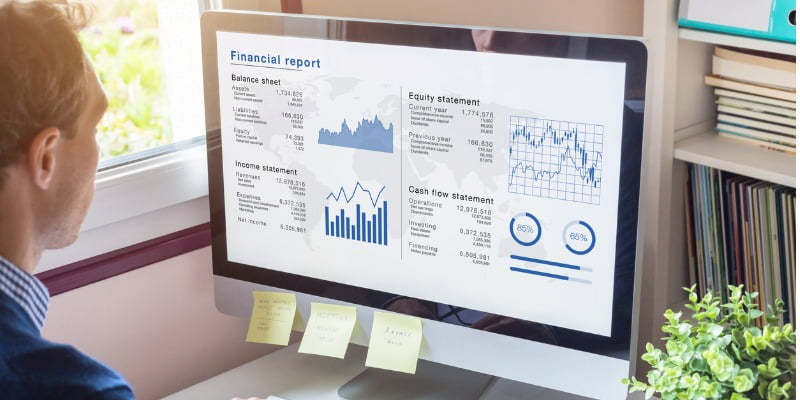What You Need to Know About Accredited Investors

Estimated reading time: 3 minutes
Not too long ago being an accredited investor was like being part of a secret club. However, thanks to relaxed regulations, the popularity of crowdfunding platforms, and alternative investments in general; the “secret club” isn’t much of a secret anymore...
And that’s very good news for Self-Directed IRA (SDIRA) investors.
Here are some important things to know about accredited investors and how becoming one might influence your Self-Directed IRA investment strategy.
What an Accredited Investor Is
Accredited investor is a term used by the U.S. Securities and Exchange Commission (SEC) to describe investors who are financially sophisticated. They have less need of the protection provided by the regulatory disclosure filings required of publicly traded companies.
High net-worth individuals and entities such as banks, insurance companies, brokers and trusts can qualify as accredited investors.
The term has been around since 1982, but gained currency in 2012 when the JOBS Act (Jumpstart our Business Startups) made it easier for small businesses to raise funds without having to comply with the extensive reporting requirements applied to publicly traded companies. The emergence of crowdfunding platforms has further expanded the opportunities for accredited investors.
Why the Designation is Necessary
The SEC has a duty to protect ordinary investors from being taken advantage of.
Large investors—brokerage houses, banks, and mutual funds, for example—have the resources to research investments they make on behalf of themselves and their customers. Similarly, big companies have the resources to file reports the SEC requires of all publicly traded firms.
Smaller investors and companies often lack the resources to keep pace with the activities performed by larger entities.
Basically, the accredited investor requirement exists so the SEC can ensure that people who invest in unregistered securities are capable of absorbing a financial hit if and when their investments depreciate.
If you meet the net-worth threshold requirements to become an accredited investor, you are deemed to have sufficient financial means and knowledge to take on the risk of investing in unregistered securities and other alternative investments, such as real estate, venture capital, and angel investments.
Requirements to Become an Accredited Investor
The SEC requires accredited investors, per Rule 501 of Regulation D to have either:
- $200,000 in income ($300,000 in joint income) for the previous two years and the expectation of earning the same or higher income in the current year
- Or a net worth exceeding $1 million individually or jointly with a spouse, excluding your primary residence
Other rules that allow for the general partners and executive officers of the issuer of unregistered securities to be accredited investors apply. Read more from the SEC about accredited investors.
Advantages of Being an Accredited Investor
Certain investments such as hedge funds, private placements, venture capital funds, and real estate syndicates, are sold exclusively to accredited investors.
The requirement is a regular feature of real estate crowdfunding sites. These online platforms facilitate investors in pooling money to buy multi-family units, commercial property, or bundles of single-family homes. This method of investing often provides a lower entry price point, as well as a stake in real estate that doesn’t actually involve caring for the physical property.
How to Become an Accredited Investor
There is no singular authority that confers accredited investor status. There is no application, no master list of accredited investors, and no certificate to hang on your wall.
Instead, sellers of unregistered securities must ensure your qualifications as an accredited investor before allowing you to invest. You may be asked to complete a form and to submit paperwork (account statements, balance sheets, tax forms), at which point, you will or will not be accepted for the purposes of that investment.
This process will be repeated every time you want to buy an unregistered security or participate in a crowdfunding investment.
While becoming an accredited investor might be a lengthy process and more of a product of one’s financial situation than a specific track to actively pursue, it’s definitely an advantage worth being mindful of.
Whether you are an accredited investor or not, Self-Directed IRAs offer a variety of investments for everyone, from precious metals to real estate.
Take advantage of SDIRAs today and start building your dream retirement.




























0 Comment